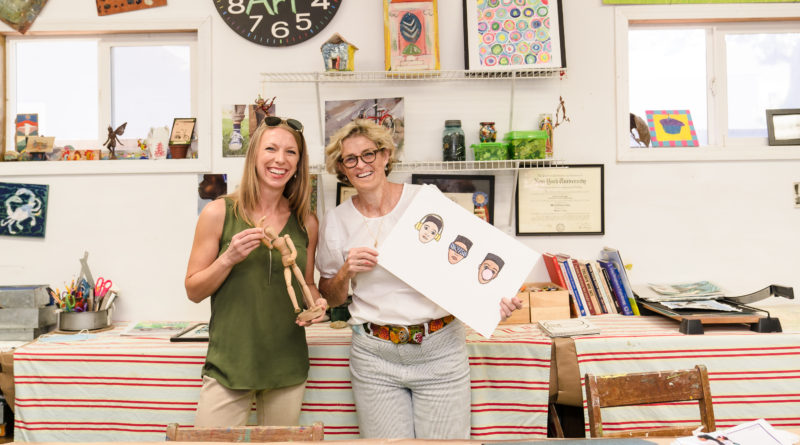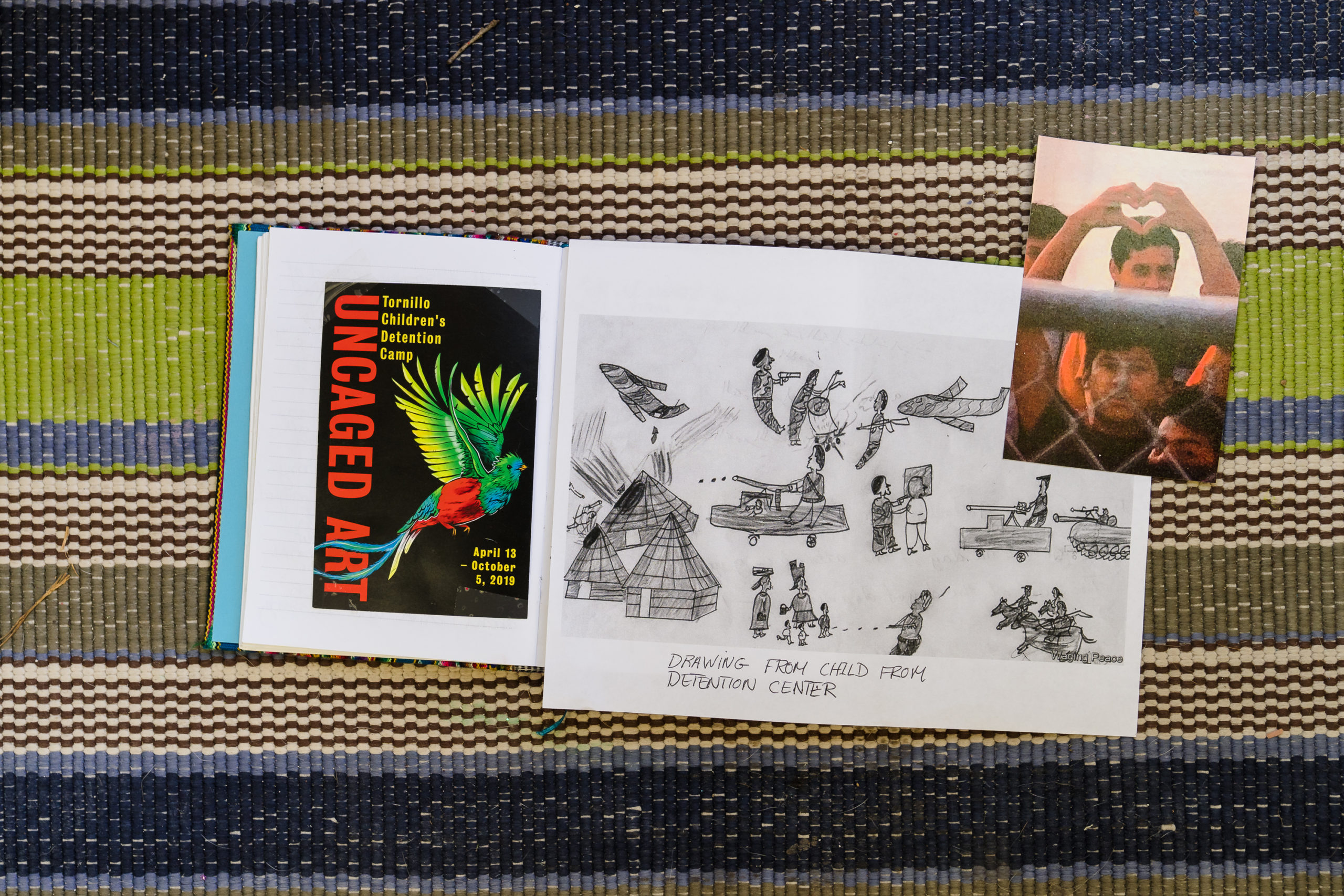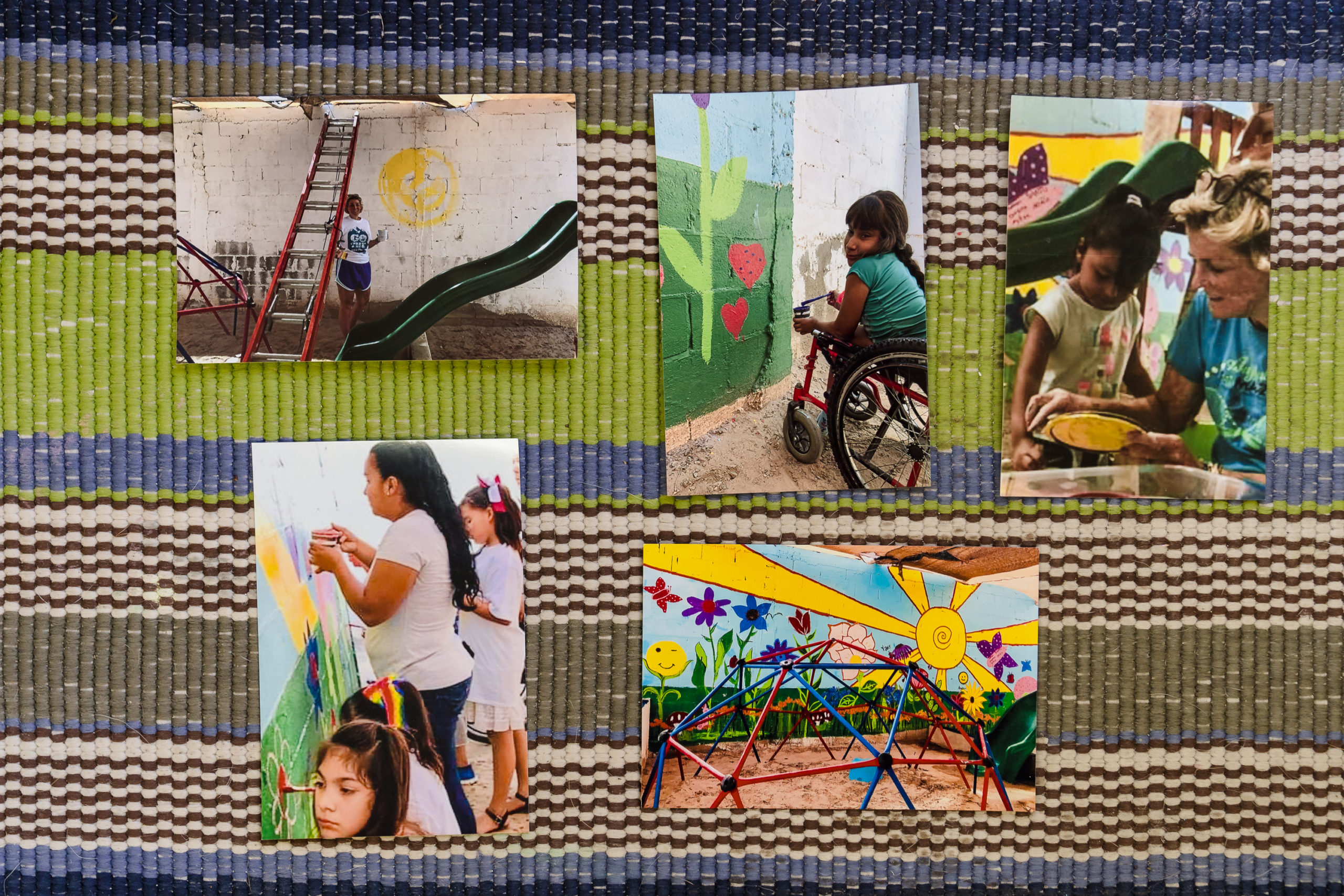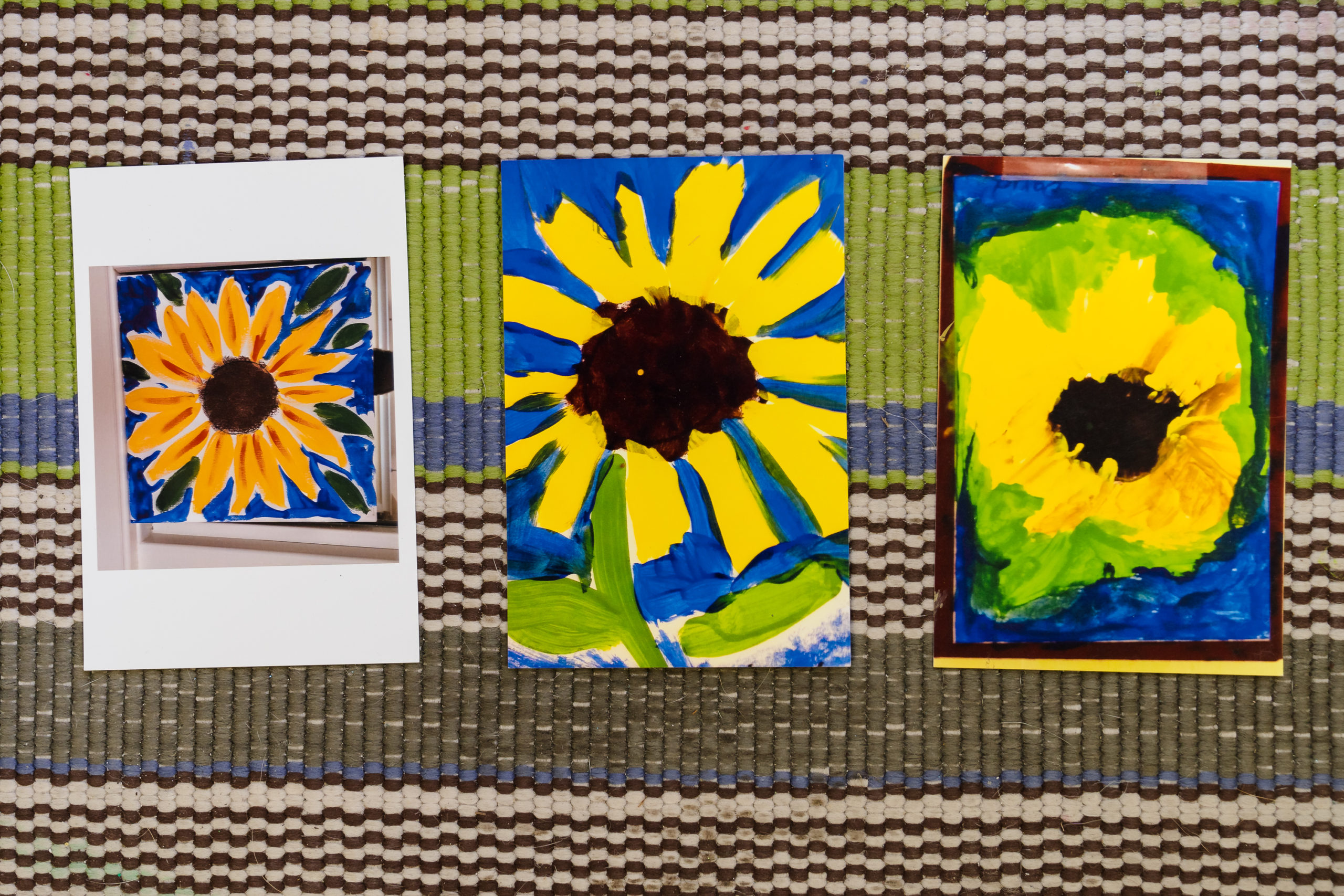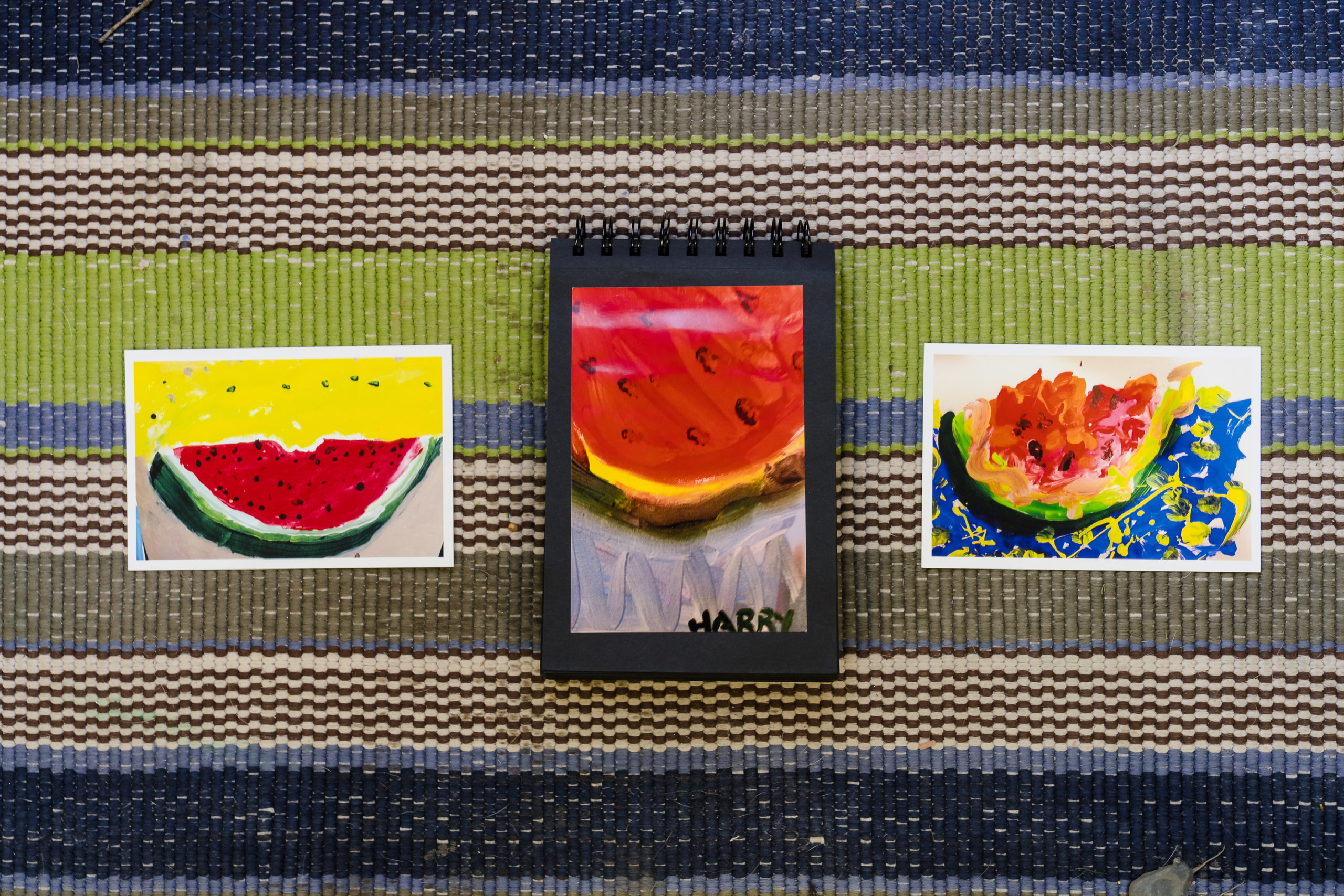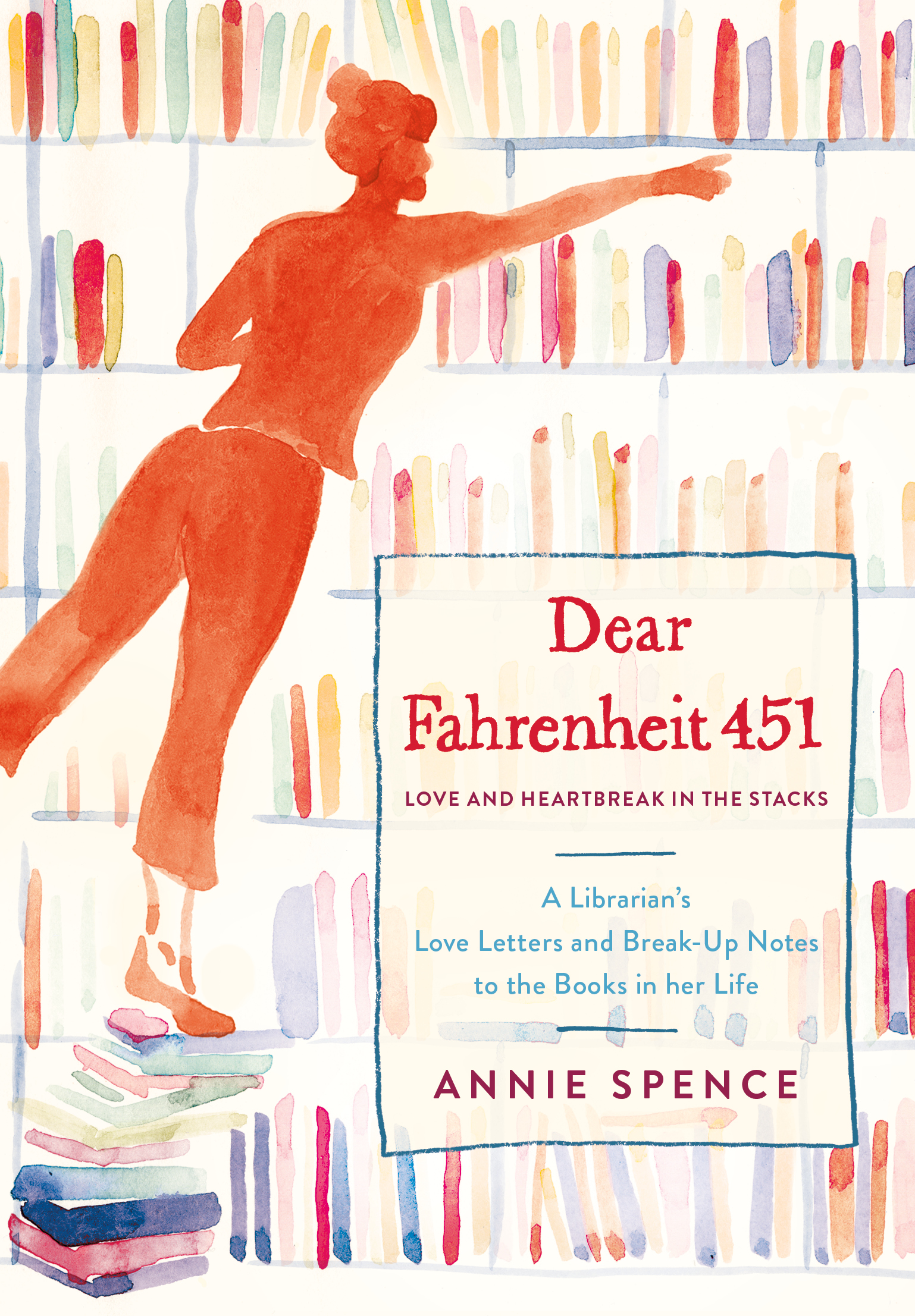Weezy Alcott
Art is the Journey
story by WENDY NILSEN POLLITZER photos by SUSAN DELOACH
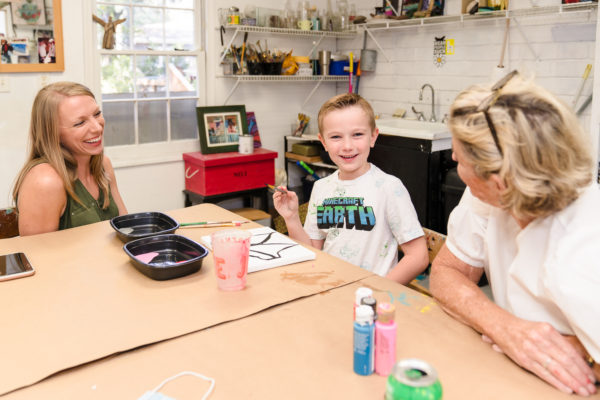 Art therapy is a technique rooted in the idea that creative expression can foster healing and mental well-being. Art therapy can explore various issues, including family, relationships, life change, loss, abuse, and overall development. Weezy Alcott introduced art therapy to Beaufort County years ago and continues to promote the concept to a more diverse audience with an intrinsic understanding of its value. She knows art therapy works.
Art therapy is a technique rooted in the idea that creative expression can foster healing and mental well-being. Art therapy can explore various issues, including family, relationships, life change, loss, abuse, and overall development. Weezy Alcott introduced art therapy to Beaufort County years ago and continues to promote the concept to a more diverse audience with an intrinsic understanding of its value. She knows art therapy works.
When Weezy was eight years old, she was trick or treating with friends near her home in North Carolina. A grass skirt embellished her festive Halloween costume. As she approached the door with her bag raised for candy, the sparks from an uncovered jack-o-lantern lit her skirt on fire. Flames spread quickly all over her body, and within minutes, she was scalded with third-degree burns.
Since Weezy’s father was in the military, she was flown to Walter Reed Hospital in Washington, DC. She stayed there through Christmas, where she was treated for physical and psychological injuries.
Walter Reed is where she learned how to overcome grief and isolation from her family through art therapy. Though there was no titled program yet, she understood independence through art in occupational therapy sessions. She discovered her self-expression in process versus product, a concept she carries through life that echoes to her students.
According to Life, Paint and Passion, a book written by Michele Cassou and Stewart Cubley, basically, you paint for process, or you paint for the product.
“Some people want a painting they can sell, show or something that can prove its worth. If you paint for product, you have a certain result in mind. You have a direction, a goal, a place you are trying to reach-you follow a map. If you paint for process, you can go anywhere. There is freedom, and possibilities are endless. When you paint for process, you listen to the magic of the inner voices, you follow the basic human urge to experiment with the new, the unknown, the mysterious, the hidden. Process is an adventure.”
Weezy earned a BA in Art and Psychology from the University of South Carolina. After graduation, she worked on the inaugural committee for Ronald Reagan in Washington, DC. She realized this was not precisely her wheelhouse and started to pursue postgraduate opportunities. She learned about the art therapy movement and later received her master’s in Art Therapy from New York University. She wrote her thesis on Frida Kahlo, a Mexican painter known for her self-portraits, who was inspired by art during her recovery from a bus accident. One of Weezy’s favorite quotes from Frida is, “Convalescence lasts a lifetime. You don’t spell painting without pain. Art is your most loyal companion. Externalize your internal world.”
Weezy landed her first position at a city homeless shelter in New York City, where art therapy was an act of “doing” that activated creative potential. It was a way for people to say, “Me” or “I” and “I do,” or “I can do.” The process no doubt elevated self-esteem.
 “The artwork was unbelievable. It was cathartic and raw,” explains Weezy.
“The artwork was unbelievable. It was cathartic and raw,” explains Weezy.
However, she wanted to get back down South, and art therapy had not caught on yet. She worked for hospitals in Savannah and Beaufort, trying to incorporate strategies for trauma patients through art, when a woman approached her on Hilton Head Island whose daughter benefited from art therapy. They started a nonprofit, Beaufort County Art Therapy Program. Weezy wrote grants to secure funding for the program, but it was slow to catch on.
She then decided to follow her passion for teaching. She taught art in public, private, and charter schools.
“I loved it because we were integrating art with their classroom study. We used graffiti when they were studying the Berlin Wall. We incorporated multimedia pieces when they were learning copper and electricity conductors. We healed through art when we remembered September 11th. We connected history through art in self-expression,” smiles Weezy.
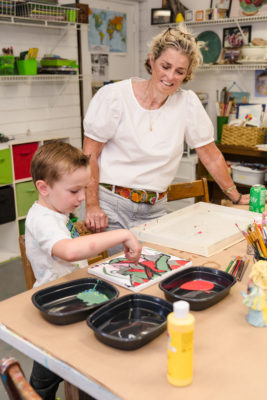 Weezy began to teach art classes on the side in the studio at her home and Agape Hospice, where she helped Alzheimer’s patients with memory therapy through painting. She also worked with CODA and CAPA and delivered art therapy to patients in nursing homes.
Weezy began to teach art classes on the side in the studio at her home and Agape Hospice, where she helped Alzheimer’s patients with memory therapy through painting. She also worked with CODA and CAPA and delivered art therapy to patients in nursing homes.
Her art lessons became a full-time career when she established her business, The Artful Hand. She teaches many homeschooled children in Beaufort, as well as those eager to fulfill their passion for art. She is also incorporating art therapy with agency referrals to ignite a demand to start another nonprofit that will obtain grants to work with people and agencies who cannot afford art therapy. She brings the art experience to Wounded Warriors and patients who are homebound so that people do not have to come to her studio. She’s also worked with cancer patients, individually and in groups, to foster support from other patients.
She also recently helped a friend, Suzanne Marshall, diagnosed with a rare disease, Susac’s syndrome, and was hospitalized for months at MUSC. Weezy brought the utensils of art to her.
Weezy explains, “We were able to work together while she was confined to a hospital bed. Her children were there to cheer her on, and it created an atmosphere that was productive and engaging while the family sat for hours with their mother. Suzanne was a former teacher, and the process brought back positive memories and helped her deal with some losses.”
 Weezy recently met Ashton Sullivan, a licensed counselor who has a practice in Port Royal, Emerge Counseling and Art Therapy. Together, they are building the foundation of art therapy in Northern Beaufort County with a united voice. By utilizing art therapy with their clients, the two peers explore emotions, develop self-awareness, cope with stress, boost self-esteem, and work on social skills.
Weezy recently met Ashton Sullivan, a licensed counselor who has a practice in Port Royal, Emerge Counseling and Art Therapy. Together, they are building the foundation of art therapy in Northern Beaufort County with a united voice. By utilizing art therapy with their clients, the two peers explore emotions, develop self-awareness, cope with stress, boost self-esteem, and work on social skills.
Weezy believes in art journals. Some people are afraid that their work will be judged, but these journals are for them. Weezy shows them magazine covers or photos and steers them to create something from within. She understands that it may be intimidating to stare at a blank canvas, so Weezy introduces a variety of techniques and materials to ignite and engage the creative process. By doing so, she helps people get in touch with their feelings. They own these journals just as they own themselves. Moreover, there is an unconditional sense of peace when a person understands this self-confidence, perhaps for the first time in life.
“Art helps you solve problems. If you make a mistake, you have to ignore your ego and say, how can I fix that? It also helps with patience. When drawing, and especially with clay, you have to slow down,” explains Weezy.
Art is part of Weezy’s journey. The creative process has shaped not only her career, but also her global philosophy of human kindness. She has traveled to refugee camps at the border in Juarez, an Indian Reservation out West, and Ethiopia, Africa to paint murals with children and impart the practice of self-expression and the love of art. Art is part of her life’s mission, and it will be her legacy.
Weezy and her husband, Troy, live in Beaufort and have a daughter, Lila, a freshman at the College of Charleston and equally fueled by the love, healing benefits, and mission of art.
Weezy Alcott currently receives referrals from Nancy Brown, a social worker from Healthlink, and Frances Cherry, an occupational therapist with homebound clients. She and Ashton Sullivan will accept referrals from other healthcare professionals.
To contact Weezy Alcott at the Artful Hand, please call (843) 575-3373. To contact Ashton Sullivan at Emerge Counseling and Art Therapy, please call (843) 865-2412.

